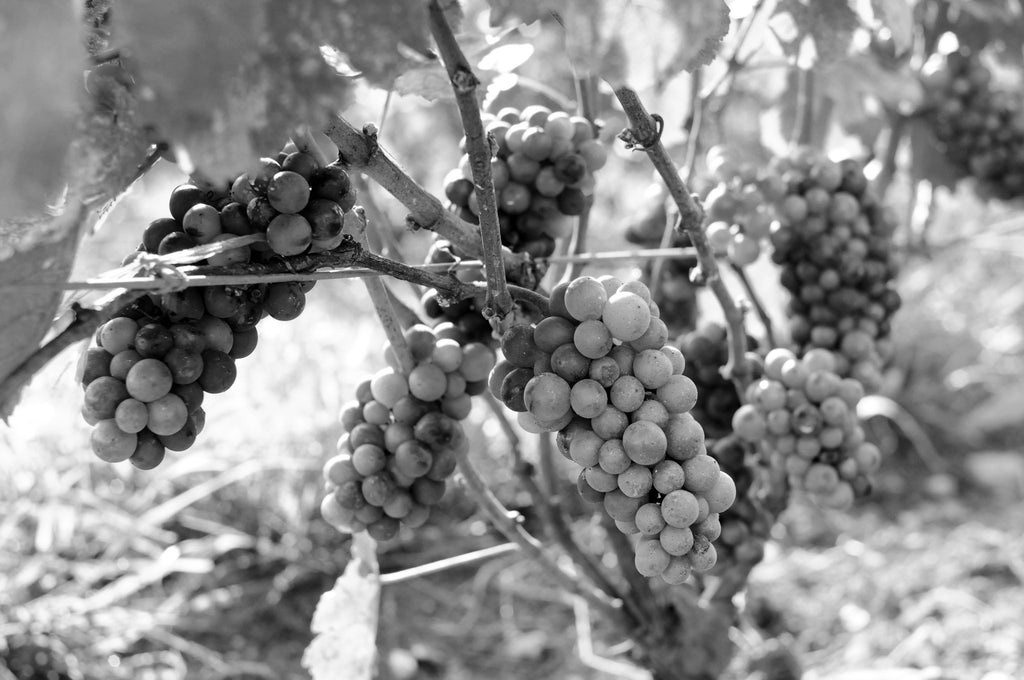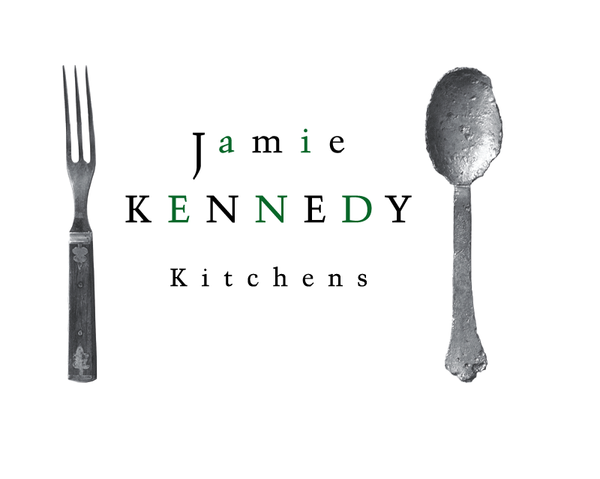Notes for Terroir 2016, the 10th Edition - Part III

On Monday April 25th, Jamie Kennedy attended and spoke at the 10th annual Terroir Symposium, which took place at the Art Gallery of Ontario. This symposium brings together members of the hospitality industry, from across the country and the globe, to inspire and educate each other. The first Terroir Symposium took place at Hart House in 2007, and Jamie was the keynote speaker. This blog post, the third of three, shares Jamie's words from his session on food culture.
Poetic transformations in food culture are the result of combining ingredients and people on a sliding scale of intervention. You grow grapes in a vineyard. You grow apples in an orchard. You harvest these ingredients. You select sound fruit. Your winery is spotlessly clean yet there exists colonies of ambient yeast that poetically transform your grapes into wine. You taste this conjuror’s trick and you are smitten. You marvel again at the bubbly pixelating effect of the cider and the beer. Put these beverages together with the bread you have baked from a yeast culture you have faithfully developed and the lactically fermented vegetables you have patiently shepherded. Add to this poetic display the hams and sausages you have salted and cured and hung for many months. This is a fermented buffet representing the evolution of food culture. A human response to the world around us and an intervention that was initially inspired by survival but has evolved to make a delicious cultural statement.
Imagine a warm evening in late spring, early summer. A time when the days are long and the bugs not yet fierce.
Picture an outdoor space adorned with festive lighting and bonfires. There are tables and chairs enough to seat 300 people and there is a sense of excitement and anticipation in the air as people come together. Cooks and servers, winemakers and beef producers, bakers and cheesemakers, farmers and guests. All of these players co-producing a community event. One that is not only celebrating the fruits of everyone’s labours, but the banding together like a barn-raising or a work bee to offer support to another community member in need. Your heart swells to fairly bursting with the sense of belonging you feel. The dining experience is a “loud pack” felt profoundly by all. Ephemeral and so we must cling to the taste memory. And you must cling to the realization that your work in local food culture provides sustenance and joy and a respite from the challenges we face each day.
In the wake of declining interest in farming over the last century, rural communities are at risk as small scale farms have been replaced by large scale agri-business or have disappeared entirely. You muse about your profession as cook.
You have bridged the gap from downtown by having purchased a farm. You seek to practice good stewardship principles on your land. You realize you won’t survive by selling your cucumbers and tomatoes at the farm gate. At one time there was a gestural association with your restaurant in the city, supplying some meat and vegetables. Maybe there is something there in looking at farming from a cook’s perspective. Exploring new, rural based economies excites you. You think if this sector can grow that there might be a shift towards more people opting to live on the land and re-populate the villages and towns with new, rediscovered relevancy. We know that this is a time of convergence; of an increased awareness and support of local food as people turn away from the global distribution model more and more. This is a time of delicious opportunity.
I call upon all you young turks to weave these thoughts into your daily work. What an evolution I have witnessed and participated in over the last 4 decades and indeed over the last 10 years since I have stood in front of you here. It has been an amazing journey. Thank you.
